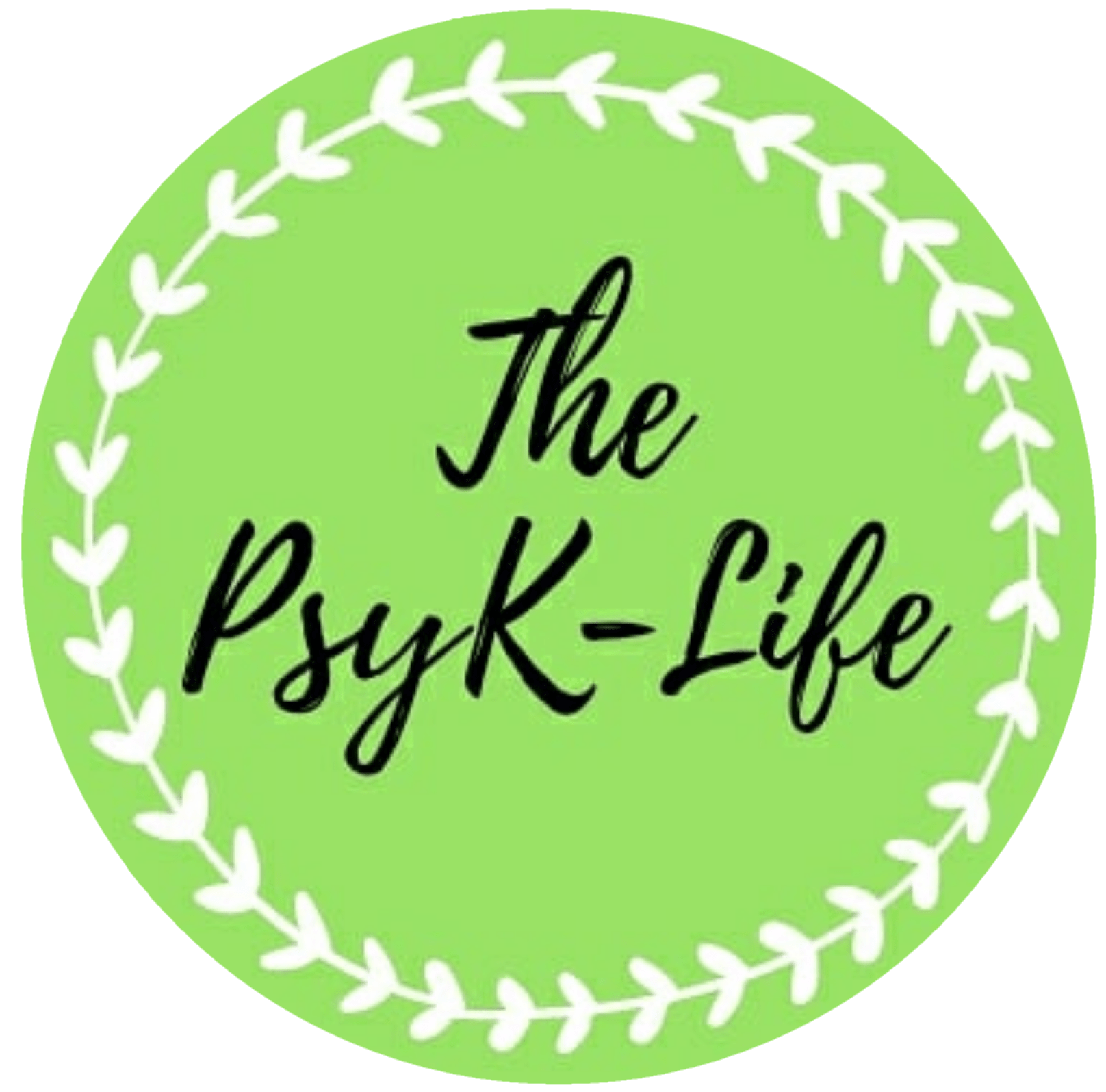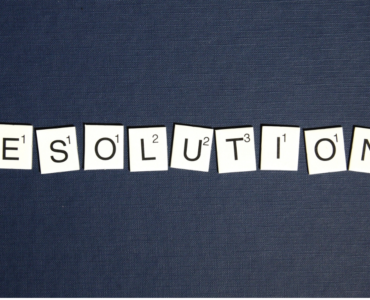When it takes two people to start a relationship and keep it going, how come one person is enough to break it? How come one person decides to end it and the other must suffer the aftermath of it alone? Are breakups really as painful as movies portray it to be? While I cannot tell you how painful a breakup is, since it is subjective and differs for each other, I totally agree that breakups can be very messy and complicated.

Why are Breakups so painful?
In a recent study, it was found that emotional pain and physical pain share same neural pathways. Same part of brain is activated in both the cases. When one is in love, happy hormones like dopamine and oxytocin are secreted. During a breakup, when a loved one leaves, stress hormones such as Cortisol and Epinephrine are secreted. Short amounts of stress can be beneficial, but long term distress in case of a broken heart could cause trouble as it leads to accumulation of stress hormones.
• Major muscle groups receive blood from the brain when cortisol levels are too high. They tighten up in anticipation of the threat (fight or flight). But without a genuine requirement for a physical reaction, the muscles can’t use their energy. Muscles swell, resulting in headaches, a stiff neck, and that terrible sensation of having your chest crushed.
• Cortisol moves blood away from the digestive system so that the muscles have an adequate blood supply. This may result in stomach discomfort like cramps, diarrhoea, or loss of appetite.
• The immune system may be compromised by high levels of stress hormones, making people more susceptible to infections and diseases. Thus, the typical “break-up cold.”
• The secretion of cortisol is constant. Sleep issues and interference with the ability to make wise decisions could result from this.
• The part of your brain that deals with hunger and addiction is activated by breakups. When a relationship ends, you may experience a form of withdrawal that makes it difficult to function since you are always thinking about your ex and physically missing them. This will end, just like any addiction.
Your mind, body, and innermost self all adapt to being closely attached to someone when you’re in a relationship. The brain must rewire itself when that person departs. Although the suffering may seem never-ending, ultimately the body’s chemistry will return to normal, and the discomfort will lessen.

Stages of grief after a Breakup
Elisabeth Kübler-Ross, a psychiatrist, developed the “5 Stages of Grief” theory. It implies that there are five different stages (Denial, anger, bargaining, despair, and acceptance.) we experience after losing a loved one.
Denial:
Denial aids us in reducing the excruciating pain of loss. When we may have just spoken with them the week before or even the day before, it might be even more difficult to accept that they are no longer in our lives. When someone close to us leaves, we often think back on the experiences we had with them and struggle with how to go on without them. Denial tries to slow down this process and guide us through it step-by-step rather than take the chance of becoming emotionally overwhelmed.
Anger:
Anger frequently comes first, as we begin to release loss-related emotions. We may feel alone in our experience because of this. Further, it can make us seem distant to people when we really need their support, connection, and assurance. Anger lets us to express our feelings without worrying about being judged or rejected. It could feel more socially acceptable than to acknowledge our fear.
Bargaining:
It’s common to have desperation while dealing with loss that you’d be willing to try anything to lessen the suffering. To improve the circumstances at this stage of grief, you might offer to do anything in exchange for the loss you experience. When we bargain, we frequently dwell on our shortcomings or regrets. We might reflect on how we interacted with the person we are losing and identify all the times we felt disconnected from them or might have hurt them.
Despair:
We begin to experience the loss of our loved one more intensely during this stage of grief. Our anxiety starts to lessen, the emotional fog starts to lift, and the loss starts to become more tangible and inevitable. As the sadness intensifies, we tend to withdraw. We can discover that we withdraw, are less sociable, and speak to others less about what we are going through.
Acceptance:
We don’t stop feeling the grief of loss when we reach a point of acceptance. Instead, we are no longer fighting against the facts of our circumstance or trying to change them. In this stage, sadness and sorrow are still possible. However, during this stage of the grieving process, the emotional coping mechanisms of denial, bargaining, and anger are less likely to be present.
It’s crucial to remember that everyone grieves differently. As a result, you might or might not go through each stage or have them all at once. The lines between the stages of the grief process are frequently unclear. Before fully transitioning into a new stage, we could also shift from one stage to another and back again.

Breakups often come with a lot of heartache, hopelessness and hurt. However, it is natural to experience these after a breakup and you are not alone in this. Focusing on yourself could be very difficult in that stage, being around friends and family could help immensely. Activities such as journaling and exercise could also be helpful. If your heartbreak is hampering your daily life activities and if the pain seems consistent, you could always seek professional help. The PsyK- Life offers one on one counselling services. Feel free to reach out.
Written by- Madaalasa Mannava



